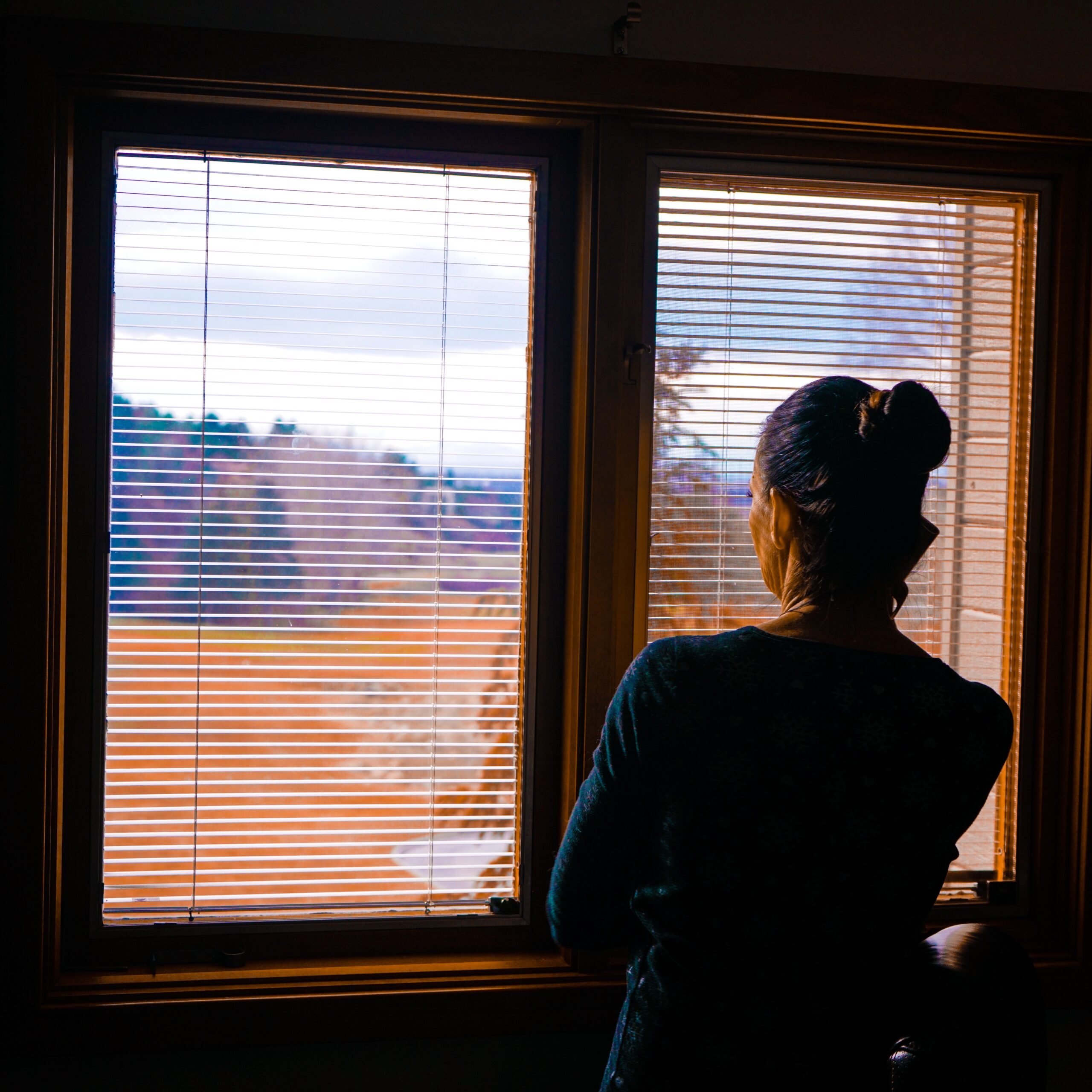
Feeling bombarded with news updates and information regarding COVID-19? We are too. Here are some tips to help you manage your stress and anxiety levels during this unprecedented time.
- Listen to well researched and reliable media outlets.
The Centers for Disease Control (https://www.cdc.gov) and The World Health Organization (https://www.who.int) are two great sources of information. If you hear something on a mainstream media news channel that you are unsure about or sounds overly dramatized, check the facts on a reputable website.
- Carefully cultivate your social media.
If your conspiracy theory prone aunt or uncle is re-posting sensationalist information that is not backed by those previously mentioned reliable media outlets, maybe you should click “snooze for 30 days” on that person’s posts. Developing a Facebook “news feed” or Instagram feed that doesn’t cause our stress or anxiety levels to skyrocket is our own personal responsibility.
- Check in with yourself and monitor your negative emotions at least once per day.
Are you feeling anxious? Is your stress level rising? Give yourself the opportunity to monitor those feelings and cope with them effectively. Meditation using the Breethe or Calm applications on your phone are great ways to ground yourself. Journaling is a perfect outlet to express yourself and address the root of the issue you’re facing. This is a great opportunity to practice those coping skills you’ve learned in therapy or try new coping skills you’ve gotten as “homework” but haven’t had the time to use.
- Practice prevention as best you can.
Most of us have heard the precautions we should be using. Wash your hands for at least 20 seconds with warm water and soap. Stay in your house as much as possible. If you absolutely have to leave your house, stay at least 6 feet away from other people in public. But to take these precautions a step further, look at how utilizing those preventative measures can help you feel more in control during this uncertain time. You can take comfort in the fact that you are doing everything you can to ensure you, your family and other vulnerable populations can stay as healthy as possible.
- Make a routine for yourself and your family.
Write it down on a piece of paper. I promise using a pen and paper to write out a routine or schedule for yourself will make you feel just a little bit better about life. If you’re staying home 24/7 for the foreseeable future or just if you’re home more than normal over the next few weeks, you don’t want to get lost in the monotony of the day-to-day. There are lots of different examples online of COVID-19 schedules and routines as well as articles on working from home if that’s not something you’re used to doing. Here are a couple of links to reference when creating your own routine. Remember, do what works best for you.
-
- Daily routine for families:
-
- Tips on working from home:
- Create a couple of lists.
Create a to-do list each morning of things you need to get done. Be realistic: don’t overdo it so at the end of the day when at least half of the items are still sitting on that list, unfinished, you’re discouraged and feeling crummy. To-Do Lists are generally found to be motivating and feel satisfying when completed. Take advantage of that!
Also, create a list of fun things you love to do but can’t ever find the time to fit in, or a list of things you’ve been wanting to do but can’t find the time for. Do you love to play board games? Is there a movie or 6 that you’ve been wanting to watch? Do you have a stack of “To Be Read” books you want to work on? Guess what…you’ve got time now! Put them on a list so that when you find yourself feeling bored or needing to fill a block of time in your newly made routine (see tip 5), you’ve got ideas ready to go.
- Take advantage of the free services being offered due to COVID-19.
There is a lot of community building going on right now in the world. People are joining together online to help others get through this. Apps that have previously required subscriptions or fees are now offering free periods for the next 1-3 months in order to help people stay busy and feel connected. ABC Mouse and Khan Academy Kids are offering free usage for kids while they’re out of school. Uber Eats is waiving delivery fees for independent restaurants. The Cincinnati Zoo and San Diego Zoo are doing daily free live videos highlighting different animals around their facilities. New services and opportunities are being offered daily, so keep checking in with your favorite apps and companies to see what they’re doing in response to any new developments. To keep stress levels down, stay connected to others, even if that means you have to do so online or over the phone.
- Leave yourself time to decompress.
While it’s important that we stay informed, it’s also important that we disconnect. Give yourself time limits and work your news/social media times into your routine, then allow yourself to fully check out from screens. Read books, talk to people on the phone, go for a walk, meditate, listen to music that you love. Ideally, the news and social media portions of your days should be minimal, less than an hour or two. And the rest of your day should be focused on your own health and happiness.
- Stay active.
If your favorite gym is offering virtual experiences (lots are), utilize those programs to get you sweating each day. There are also plenty of YouTube channels offering new free workouts or yoga practices on a regular schedule for the next two weeks. Some fitness apps are offering free memberships at this time. If none of those options appeal to you, that’s okay. It’s simply important to get your body moving every day. Go for a walk or run outside, have a dance party in your living room, do some squats while you cook dinner. Try your best to limit couch sitting, Netflix binging, naps and other sedentary activities that can cause you feeling less and less in control.
- Keep attending therapy.
At Stableway Counseling Services, most of our clinicians are now offering telehealth options for therapy appointments. We are working in conjunction with your insurance company to provide services that do not require you or your therapist to leave home. Maintaining your regular therapy session is a great way to continue check ins and increase coping skills. Call us at 847-847-1911 if you’re looking for a new therapist and want to use telehealth as an option at this time.
